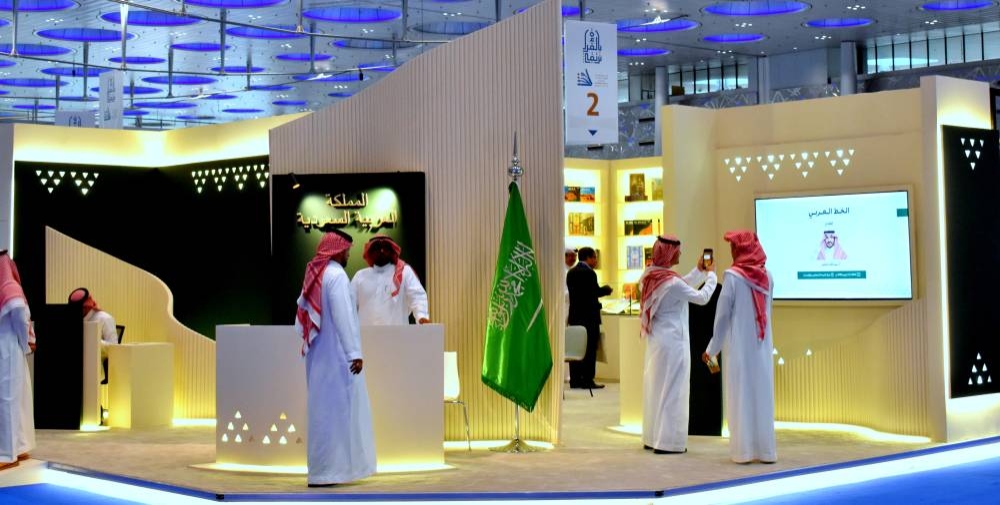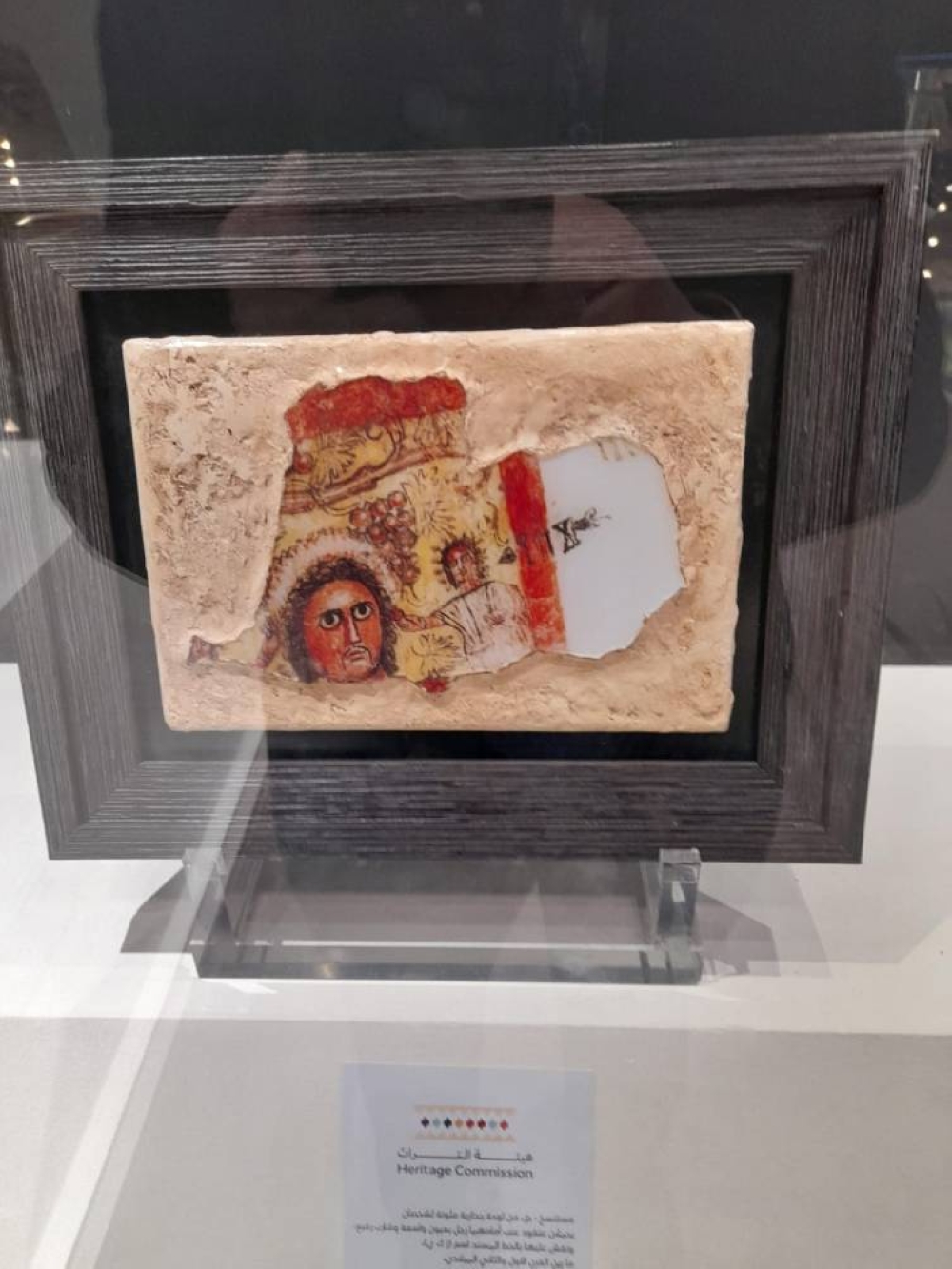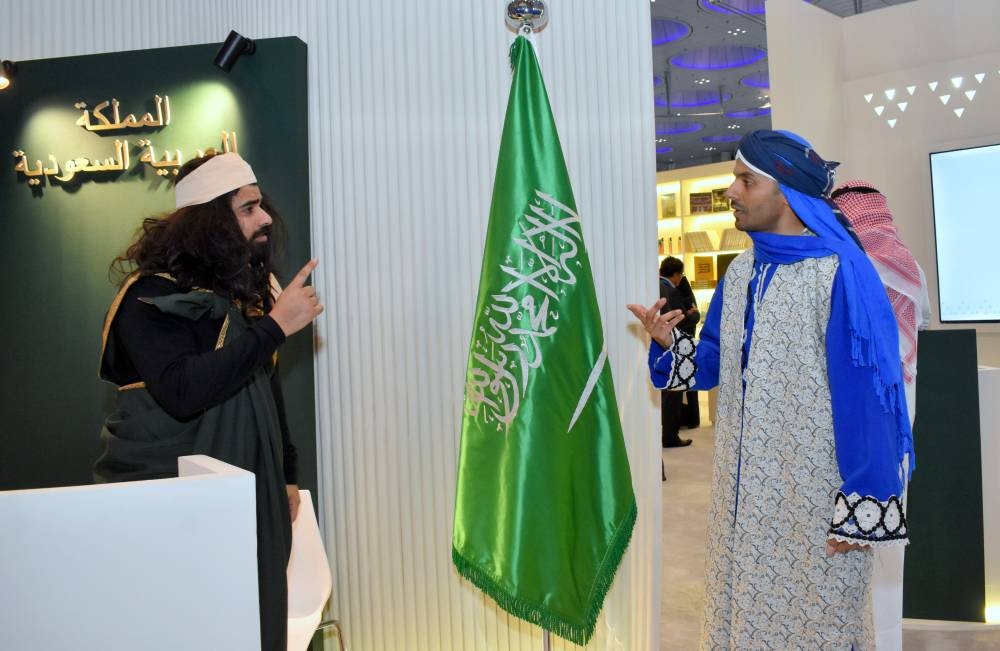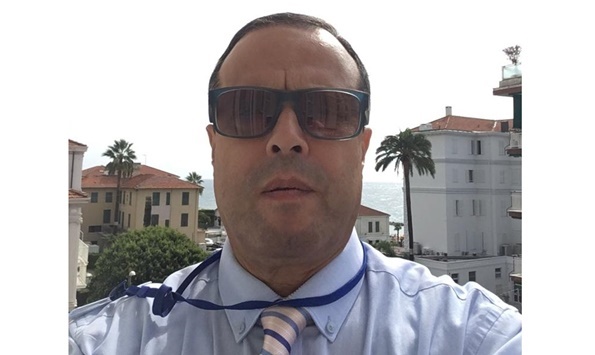Prince Mansour bin Khalid bin Abdullah bin Farhan al-Saud, Saudi Arabia's ambassador to Qatar, has expressed happiness at his country being chosen as the guest of honour at the ongoing 32nd Doha International Book Fair (DIBF).
He stressed the depth of historical relations between the two brotherly countries, the mutual respect and appreciation between them, and the strengthening of their bilateral relations, especially in the cultural field.
The envoy, in his remarks to the media on the sidelines of the DIBF opening on Monday, said Saudi Arabia is participating with a large pavilion featuring various activities from several parties, including the Literature, Publishing and Translation Authority, the Heritage Authority, the Fashion Authority, the King Abdulaziz Public Library, and the Architecture and Design Authority.
The Saudi pavilion will host several events, including heritage seminars, poetry evenings, heritage performances, dialogue seminars, handicraft shows, a mini museum of artefacts and rare collectibles, workshops and a lecture on Arabic calligraphy, panel discussions on the Qatar World Cup experience and the book 'Linguistic Diversity in Saudi Arabia', and a screening of short films.
He expressed hope that this participation would contribute positively to further strengthening cultural relations between the two brotherly countries.
Gulf Times visited the Saudi pavilion to follow up on some of the interactive displays, and spoke to a young Saudi man wearing an ancient dress and hairstyle dating back to the first century CE , representing 'Zaky', a resident of the village of Al-Faw, (south of Riyadh region), which was then known as the village with a cave.
"My city was located on the outskirts of the Empty Quarter Desert, and despite that, it was full of lush gardens dotted with vineyards and palm groves that flourished thanks to our innovative methods of preserving rainwater by storing it in hollow contours in the ground,” he said.
"You may be wondering why we chose this place in the arid desert to build our city. The location of the city of Al-Faw helped it become one of the most important stations on the trade route coming from the south of the Arabian Peninsula, passing through the city to go to the centre, east and north of the Arabian Peninsula."
"Therefore, some of the inhabitants of my city were engaged in the trade profession. Women in my city worked in several areas, the most important of which was weaving fabrics and making clothes, and we used to write Arabic in the Musnad script. When you visit my city, Al-Faw, you will see that our writings are spread on the facades of the mountains or even in our homes. Here, I gave you some information about my city, the city of Al-Faw, but when you visit it, the antiquities will tell you more information. There is replica of a fresco depicting 'Zaky' on display written in the Musnad script," he concluded.

The Saudi Arabian pavilion at the 32nd DIBF. PICTURE: Thajudheen

A replica of an ancient fresco depicting 'Zaky' on display at the Saudi Arabian pavilion at the 32nd DIBF. PICTURE: Thajudheen

'Zaky' (left) presenting Al-Faw village to visitors at the 32nd DIBF. PICTURE: Thajudheen

